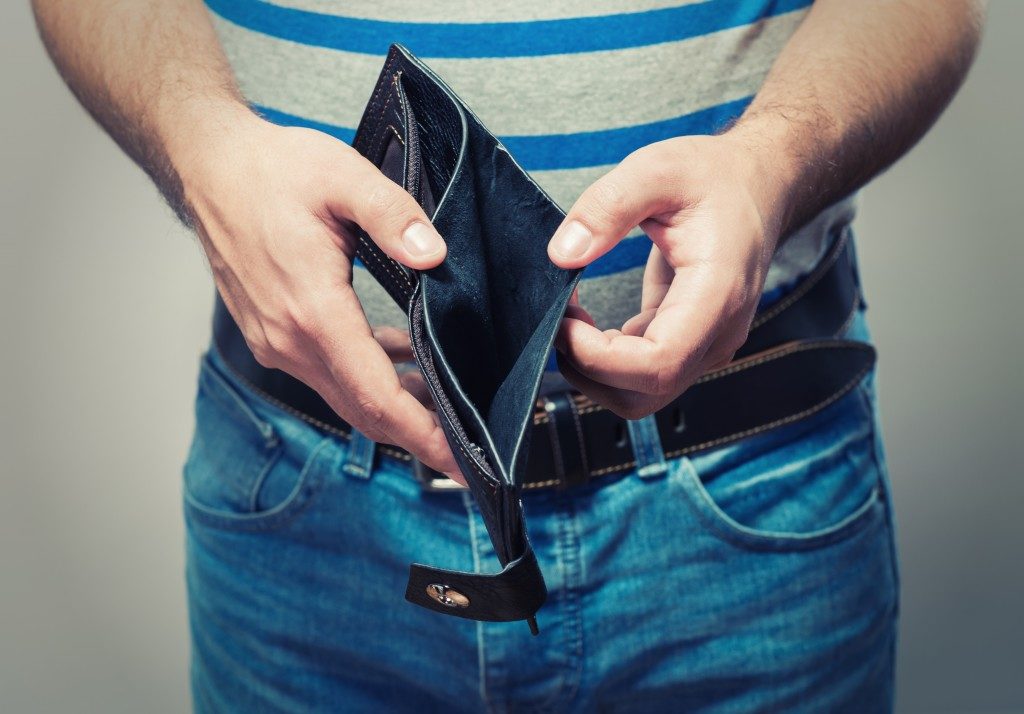Millions of Americans are overwhelmed by debt every year. But even if things feel as hopeless as they are, there are still ways to manage debt without getting overwhelmed.
According to the Household Debt and Credit Report of 2019’s second quarter, Americans’ debt is now a whopping $13.86 trillion, just a few trillions off from the previous peak of $12.68 trillion back in 2008. Needless to say, a large percentage of our countrymen are suffering from overwhelming debt.
Nevertheless, there a lot of ways you can improve your financial situation, no matter how deep you are in the hole. In megacities such as Salt Lake City, you can pay off debts, prevent foreclosure issues, and avoid repossession by employing the following strategies:
Don’t take out more debts
The worst thing you can do when you’re faced with multiple debts is to take out another one. Don’t take out a car loan, a personal loan, or any type of loan that you can bury you deeper into a financial hole.
Contact your loaners
Talking with your lenders may be the last thing you want to do right now, but doing so can ease your debt. Ask to have your repayment plan modified, at least for the time being, until you can get your finances back on track.
Cut down on expenses
A common reason why many Americans fall into credit card debt is that they spend more than they can afford. This habit, of course, can lead to credit card bills that are too expensive to pay off. Consequently, late fees apply, and the debt just keeps getting bigger and bigger until it gets too overwhelming.
To avoid getting overwhelmed with credit card debt, limit your expenses to what you can afford with your current income. Avoid splurging as much as you can, too, at least until you’re out of your sticky situation.
Make minimum payments

Pay at least the minimum charge on your debts to prevent your accounts from going into default. In this way, you can remain in good standing even if you are making a small dent in your debts. And more importantly, it prevents your debts from getting bigger.
Prioritize
List down your debts and their corresponding interest rates. Then, sort the list on which one should be paid first, depending on which has the highest interest rate. The ones with higher interest rates are the debts that are costing you more money, so they should be prioritized.
Use your emergency fund
When you’re getting overwhelmed by debts, it’s the best time to use your emergency fund. Use it to pay off your debts or stay afloat until you can bounce back financially. Afterwards, you can start building your emergency fund again. This time, add more money into it just in case you run into the same problems again.
If these strategies don’t work to relieve your debt problem and you’ve tried everything else you can think of, consider filing for bankruptcy. Doing so can make repayment easier for you when nothing else has worked. But since filing for bankruptcy is a significant financial decision, use it as a last resort.

